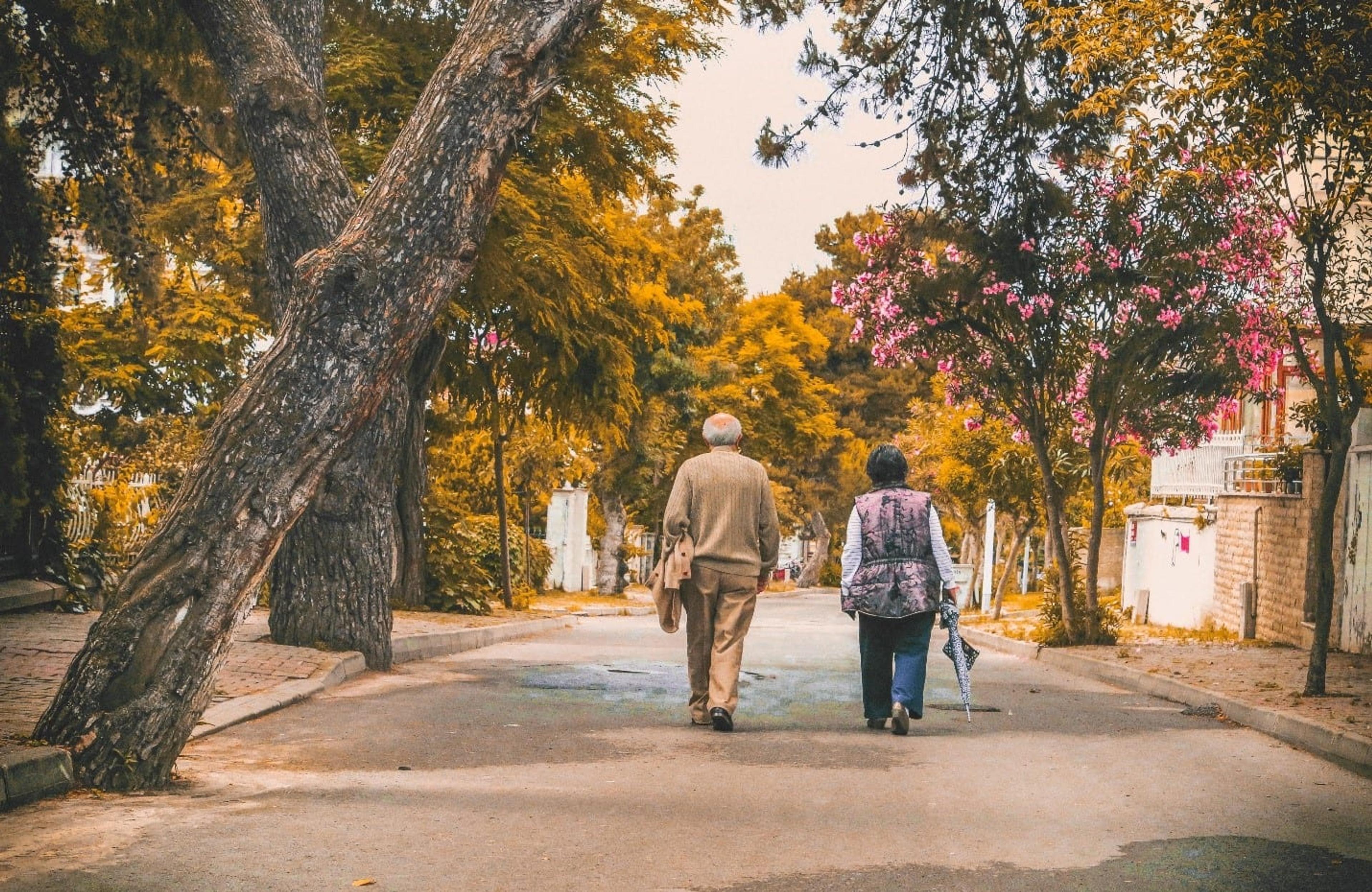A Guide to Healthy Aging

Haley Galindo
| 3 min read
I am going into my 4th year at Michigan Technological University and am currently studying communications, culture, and media. I have been dancing for most of my life and have recently been teaching and choreographing dance routines for the students at my former dance studio. I also love exploring waterfalls and other scenic areas in the Upper Peninsula in my free time.

Time stops for no one. The human body is constantly aging, changing and adapting to new limitations. Yet, with regular exercise and proper nutrition, one can gracefully embrace the process. As you get older, physical activity usually takes a backseat to work and children. “When you're younger… you're not in an office all day,” said Susan Okonkowski, a Blue Cross Blue Shield of Michigan health care manager and registered dietician. “You're not in a car driving to work. So, our lifestyles as we age, we're more sedentary.” Leading a busy life can also impact one’s diet. Therefore, you must make better choices for the short and long-term. What you eat will dictate what you look like and how you feel. “You always have to keep in mind what you're putting in your body,” explained Vince McKinnon, a Blue Cross Blue Shield of Michigan manager and onsite wellness coordinator. “If you're eating a bunch of processed food, refined carbohydrates and fast food… you're going to get crashed and… dragged down.” On the latest episode of the A Healthier Michigan Podcast, hosted by Chuck Gaidica, he, McKinnon and Okonkowski, discuss how nutrition, fitness and rest can help support healthy aging. [podcast_player] Most adults feel a shift in their bodies around their late-30s. That’s why establishing healthy habits early-on can help prevent a sharp decline. “If we don't eat the correct foods, we're going to drag throughout the day and it's going to really impact our exercise,” said McKinnon. Create a checklist and ask yourself, "Did I get enough veggies today? What about fruit?" Older adults tend to consume less fiber, water and other vital nutrients. Survey your diet and take note of blatant deficiencies such as protein, which is vital for muscle maintenance. Alongside diet, resistance training is a great way to stay fit. “It’s going to help strengthen all of those muscles and tendons and ligaments around your joints,” explains Okonkowski. Working out has many health benefits such as improved mobility, cardiovascular strength and endurance. It can also increase energy, boost your mood and promote better sleep. “As you get older, your sleep patterns tend to change,” explained Okonkowski. “You have a harder time falling asleep at night. It's more things in your life that you're thinking about.” It’s recommended that adults get eight hours per night. For some, that may not be achievable, but the goal is to get as much as possible. “Shut the TV off,” said McKinnon. “Put [your phone] on silent and block the light because it… can catch your attention and keep you up… Darken the room.” Healthy aging is about embracing change and making the most of the journey. Remove the word “can’t” from your vocabulary and focus on the possibilities. Listen to your body and respond accordingly. If you enjoyed this post, check these out:
- How to Stay Social as a Senior
- What Seniors Should Be Eating for Good Health
- How to Create a Successful Fitness Plan
Photo credit: Emre Kuzu





